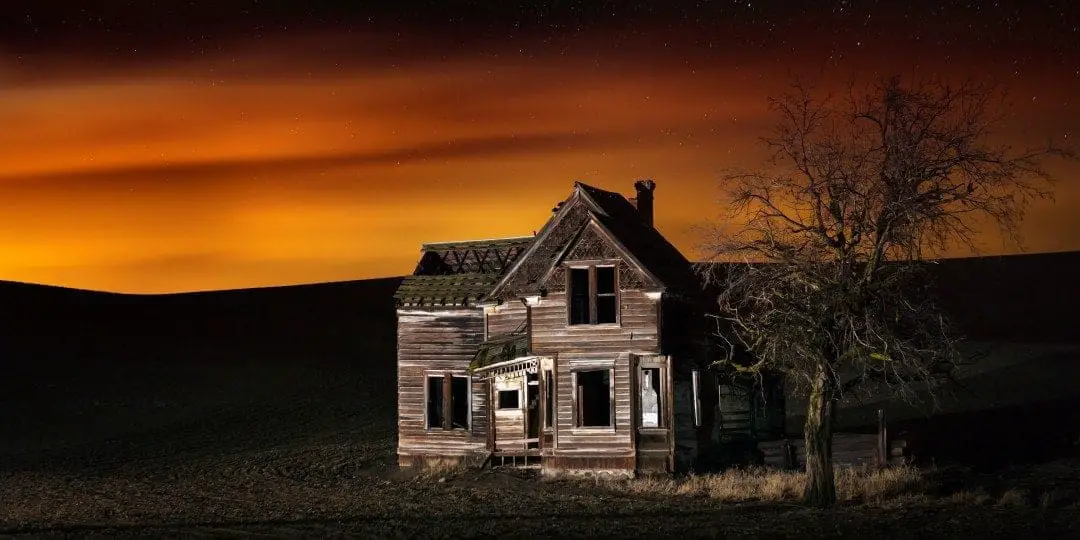Serial Killers: Hey! Part 1

Hey! Part 1
It’ll go great, Audrey Danvers kept thinking. It’ll go great. You’ll be great. You’ve got this.
Her pep talk must have been working, because she was picking up speed, her body as determined to get in a good jog as her mind was to nail this call. It had done wonders already, burning off all that excess adrenaline and giving those nerves something else to gnaw on. And those nerves had been pulling overtime as of late. A veritable deal of a lifetime might be hinging on this one call, the pitch which she’d been rehearsing again and again for the past two weeks.
“Fame and fortune lie ahead of you, my dear.” That’s what her agent, Harland Poole, had said just last week when he called her with the good news. “You’re about to be a big fish in one hell of a pond.”
Audrey wasn’t as certain about that as Harland had sounded, but she sure dared to hope. Those hopes carried her on and up the slope of Tiding Street, the burn in her calves invigorating. Someone in a Sedan honked and waved at her as they drove past; she waved back, even though she had no clue who it had been. There seemed to be a lot of familiar strangers in Danville these days, plenty of happy faces smiling at the once noteless woman who’d since become a town celebrity, of sorts.
Audrey’s dash of notoriety had come with a line of books that Page Turner, Inc. had released across the last two years, written and illustrated entirely by her. They’d been a small press, but welcoming to new talent, and Audrey had been utterly new when she’d submitted her work to them. Up until then, she’d hardly ever shared her writing and her art with anyone, save for the odd friend and select family members (those who hadn’t called her B.A.s in Art History and English Literature wasted efforts). But she’d decided to take a risk and submit her first attempt at a children’s book. And the risk had paid off big time, sparking sequels. All in all, her five Annie and Plink books had managed to take in a good number of sales. Not enough to quit her day job in telemarketing, but damn good pay for a budding writer and illustrator.
By the series’ end, and in light of its success, The New York Times had taken notice of her work, publishing a small retrospective review of the whole series. The author of the article had concluded that Audrey was “a rising star; a star that would surely guide readers back her way with her future endeavors.” Big dreams and dollar signs had filled Audrey’s head after that, and she’d set to conceiving a new book, or a new series, or anything to build off her momentum. By that time she’d been able to afford Harland Poole’s representation, and when she’d felt like she’d finally snagged a worthwhile idea, she took it to him, and he went fishing for prospective publishers. Shyne Press had been the quickest to take a nibble.
“They’ll be the new Scholastic within the decade,” Harland had told her. He’d also projected that with this new series idea—and with her name recognition and Shyne’s backing—she could make an easy ten thousand dollars in a deal with them. Not including royalties. After that juicy tidbit, she’d instantly sought out a meeting with the publishers and a chance to pitch her concept. And she’d finally got that chance. Now if only they’d call her, before she ran herself ragged.
She hung a left on Hogarth, setting a tingly hand up to her ear and fiddling with her Bluetooth. She slipped her phone out of her shorts and checked the time. 11:54. They’d be calling any minute now. She could picture them: a dozen suited people in a New York office/dungeon, each of them wearing executioner’s hoods and crowded around a huge table, the burliest of which had an axe at the ready, set to bring it crashing down on their phone the moment she said a wrong word, the judgment passed and the sentence seen to, her aspirations sent screaming down to Hades . . .
She forced herself to slow down, easing into a walk and then coming to a stop in front of 1123, the brick Minimal Traditional home with the rows of lovely flowers in the front yard, and which stretched down and along the sides of the household. Amaryllises, dahlias, crocuses—Audrey had admired the vibrant beds plenty of times on other, less worrisome runs about the area. She’d even complimented the nice old fellow who lived there, catching him a few times as he knelt in his yard and tended his garden. He’d always beamed at her praise, his thick mustache dancing like a fuzzy worm. “Thank you!” he’d say in a wooly voice. “Thank you most kindly!”
Her phone started to vibrate in her pocket. Oh god, here we go.
She pulled her phone out again, saw the call coming in, and accepted it. She switched it over to her Bluetooth. There was a beep in her ear and then the low hiss of a quieted room on the other end of the line.
“Hello, Audrey Danvers speaking.”
“Hello, Ms. Danvers,” a woman’s voice spoke up, cheerful but still plenty officious. “This is Carol Downing, Vice-President of Shyne Press. How are you today?”
“Just fine,” Audrey lied. “Thank you for asking. And how are you?”
“Likewise, Ms. Danvers. I’m here with a few others that’ll be listening in on our call today.” She handed it over to a half dozen others who started introducing themselves and giving their titles. Audrey paced along the sidewalk, trying to put names to memory and feeling her heart thumping with every one of their words. Finally, Ms. Downing took over again. “We’ve been looking forward to speaking with you very much, Ms. Danvers.”
Audrey took that as a good sign, giving a smile to the curb of the street. “And I’ve been looking forward to sharing my ideas with you. Thank you for this opportunity, by the way. It means a great deal to be recognized by your press like this.”
“No thanks necessary, Ms. Danvers. It’s our job to find talent, and we’re glad to have found you. Now, what do you have on that creative mind of yours that you’d care to share with us?”
Audrey went blank for a moment. She’d expected a little more chit-chat or get-to-know-you introductions; they wanted her to get right to it. Maybe they weren’t that hopeful for her pitch, after all . . .
“Uhm, yes, thank you. Well, I’ve been brainstorming a great deal lately, and I believe I’ve come up with something that your press might find to their tastes. It’s—”
Audrey gave a jump when she heard a smack from behind her and a loud, somewhat muffled voice hollering: “Hey!”
Audrey spun about and looked back towards 1123. Her eyes gravitated towards the dusty glass of a basement window set into the house’s brick foundation. A little African-American girl with pig-tails was on the other side of it and looking out at Audrey, her face knotted up in what looked like anger. She gave the glass another smack with her fist, rattling it, and shouted another ferocious “Hey!”
Audrey turned her mouth up in a little sneer. Brat.
“Ms. Danvers?” Ms. Downing was asking. “Is everything all right?”
“Yes, sorry! Just got distracted for a moment.” Audrey turned away, walking along and down the street, away from 1123 and the shouting girl. “Where was I? Oh, yes, of course! I believe I have a new series in mind. Five books in total is how I imagine it, at least. Maybe even more.”
Audrey spared a quick glance back to 1123, but the little girl was gone from the window. She kept on walking, reaching the curb that met Mott’s Way and crossing over to the next block. She picked up her stride (literally and figuratively) as she got into her pitch, a bit of confidence returning as she eased on back into her rehearsed presentation.
“The basic plot would be about a young boy who discovers his family is from a long line of monster-hunters . . .”
Patrick Winters
Patrick Winters is a graduate of Illinois College in Jacksonville, IL, where he earned a degree in English Literature and Creative Writing. He has been published in the likes of Sanitarium Magazine, The Sirens Call, Trysts of Fate, and other such titles.
You can find him at:
http://wintersauthor. azurewebsites.net/Pages/Home
- About the Author
- Latest Posts
Stephanie Ellis writes dark speculative prose and poetry and has been published in a variety of magazines and anthologies. Her longer work includes the folk horror novels, The Five Turns of the Wheel, Reborn, and The Woodcutter, and the post-apocalyptic/horror/sci-fi The Barricade, and the novellas, Bottled and Paused. Her dark poetry has been published in her collections Lilith Rising (co-authored with Shane Douglas Keene), Foundlings (co-authored with Cindy O’Quinn) and Metallurgy, as well as the HWA Poetry Showcase Volumes VI, VII, VIII, and IX and Black Spot Books Under Her Skin. She can be found supporting indie authors at HorrorTree.com via the weekly Indie Bookshelf Releases. She can be found at https://stephanieellis.org and on Blue Sky as stephellis.bsky.social.













